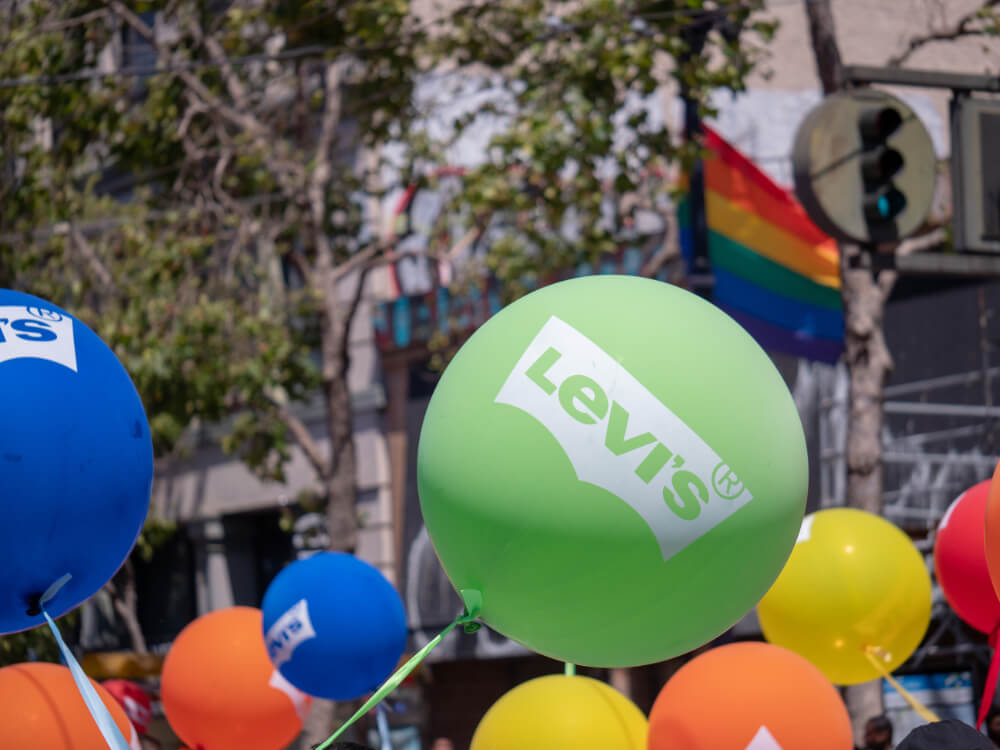Corporate social responsibility or CSR, is a business model that aims to maintain profitability while being purpose-driven and contributing to the greater good.
It’s about making decisions with the triple bottom line in mind - people, profits, and the planet. It considers environmental impact and social responsibility while growing revenue and maximizing shareholder value.

And with the seismic changes we’ve seen in the last three years (the pandemic, the acceleration of climate change, and major social movements), CSR has moved to the top of every organization's agenda.
Why Corporate Social Responsibility Matters
Corporate Social Responsibility isn’t just the right thing to do. It supports employee talent recruitment and employee retention and creates a better brand perception among clients and customers.
A recent Deloitte report showed that 93% of business leaders believe organizations are stewards of society, and 95% said they were planning to take a stronger stance and drive significant resources to large-scale issues through socially responsible initiatives.

How To Start Corporate Social Responsibility
With CSR being so important, you may want to consider focusing on it in your organization. Here are several actions you can take to kick things off (and you can find even more in our CSR workbook):
- Design a program that aligns with your organization’s vision, mission and culture.
- Get everyone involved by asking for feedback from employees and stakeholders.
- Ask how they would like to contribute - time, money, talent, or in another way. Or leave room for employees to support the causes they’re passionate about by creating a donation matching program.
- Consider initiatives that honor service milestones and outstanding performance by donating to one of your charitable partners.

THE HIVE
COMPANIES THAT CARE DO BETTER IN THE MARKETPLACE
Learn how to lead with your values and let your corporate social responsibility strategy help you attract talent and win customers.
CSR Programs To Inspire You
So many companies, big and small, take CSR to heart and weave it into everything they do. Here are just a few examples to inspire you:
WAVES OF CHANGE: My website designer, Nicole Yang, started a grant that aims to support minority women-owned businesses through a development program that aims to provide women of color the chance to expand their business, their reach, and their opportunities.

STARBUCKS has ethically sourced 99% of its coffee supply chain and aims to make it 100%.
THE PREPPY STITCH: My friend Gabrielle Rogers, pivoted to making free masks for emergency workers early in the pandemic - using her skills to give back and help in the way she could.
LEGO has pledged to use environmentally friendly materials by 2030 and is the only toy company to be named a WWF Climate Savers Partner.

INNOCENT DRINKS are a certified B-Corp and are committed to giving 10% of profits to charity through its foundation. So far, they’ve contributed over £10 million. They have carbon-neutral orange juice and are committed to being carbon-neutral by 2025. They have an initiative called the Big Rewild that supports local orchard projects, protects global forests, and brings nature into urban areas. They also have brilliantly creative initiatives like The Big Knit, which involved customers and raised £3 million for Age UK.
BEN & JERRY’S ICE CREAM, just like Innocent Drinks, Ben & Jerry’s is a B-Corp - a business that balances purpose and profits by meeting the highest standards of social and environmental performance, public transparency, and legal accountability. They have a long history of activism and advocacy, from fair trade and climate justice to marriage equality and supporting indigenous land defenders.

SALESFORCE designed a 1-1-1 philanthropic model. They give 1% of product, 1% of equity, and 1% of employees’ time to communities and the non-profit sector. And although 1% might sound small, employees have volunteered more than 5 million hours of their time!

PING IDENTITY gives employees 2 days off a year for volunteer work. At Christmas, they donate on behalf of customers/partners instead of gifts.

More and more companies are paying attention to the triple bottom line (people, profits, and the planet) and taking ownership of their organization's impact.
CSR isn’t simply a matter of going through the motions. It isn’t even a differentiation in the marketplace anymore. It has become an essential business practice. We hope the stats and examples in this article inspire you to take a thoughtful and creative approach to your own company’s corporate social responsibility strategy.
Inside The Hive repository, you'll find resources on a wide array of topics that allow you to grow your toolbox, develop strategies, and support your organization. If that's what you’ve been looking for, we invite you to explore the workbooks from The Hive.


